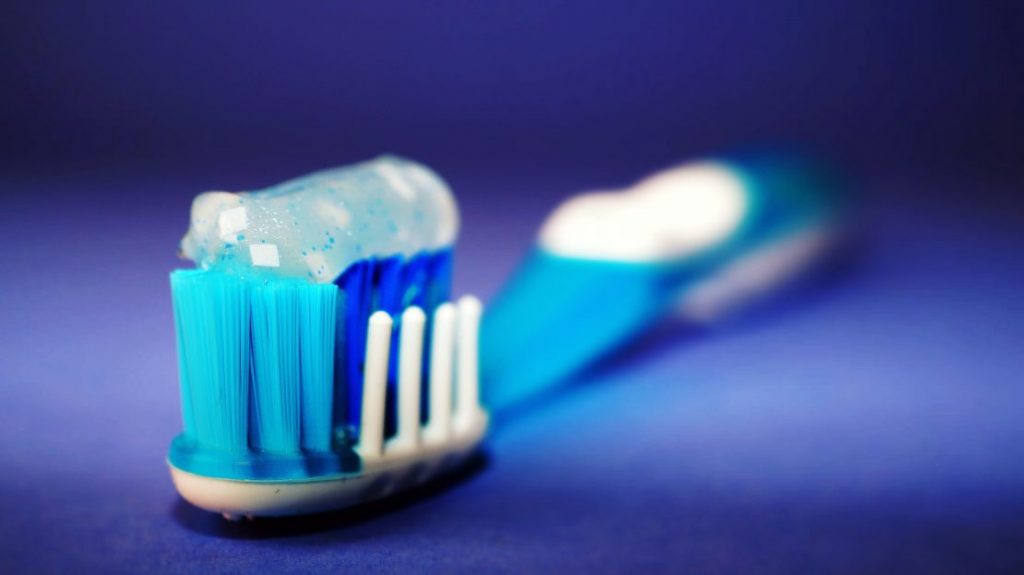Choosing your toothpaste might seem like the simplest job in the world. Certainly, most of us pay little attention to the brand we select in the supermarket or chemist, so long as it tastes nice, gets our teeth clean and helps our mouths stay nice and healthy. However, there is more to choosing this basic necessity than might first meet the eye. Here’s how to navigate your way past the explosion of choice and towards the right toothpaste for you.
Watch out for the hype
From compelling TV advertising to imaginative point of sale material, we are exposed to marketing messages wherever we go. Products like toothpaste can often rely on blinding people with science or medical facts to generate sales. Yet while many claims are indeed valid and toothpaste is far more sophisticated these days than ever before, it is worth digging a little deeper before opting for the one with the most famous celebrity fronting its ad campaign or that uses the longest scientific words to describe what it does. Do your own research.
Read the ingredients
Watch out for some very important terms on the ingredients list. Fluoride, for example, is now considered vital and brushing with a toothpaste containing it twice a day is a basic element of dental hygiene. Fluoride has been proven to be highly effective for fighting cavities. Different kinds of toothpaste contain different levels, and your dentist may recommend that you use one with a higher concentration if you are more susceptible to tooth decay.
For a gentler approach, choose a toothpaste containing baking soda – known for its cleaning and abrasive qualities. This gives you a lovely, clean feeling in your mouth without the harsher chemicals that some toothpaste contains. Other ingredients commonly found in toothpaste include detergents that help the toothpaste to foam and reach all parts of your mouth and abrasives, that help remove plaque and food debris from your teeth. Then, there are different flavours – you may need to try several different brands before finding your favourite.
To whiten or not to whiten…
Some toothpaste advertise their ‘whitening’ properties, or their ability to provide you with a brighter smile. These tend to contain ingredients that remove stains such as those caused by coffee or smoking, although they cannot change the natural colour of your teeth or remove stains that go deeper than the surface of your teeth. While the chemicals that these kinds of toothpaste are generally safe and effective, they should be used with care if you have sensitive teeth or have recently had treatments such as root canals, fillings or implants. Ask your dentist about whitening toothpaste if you are unsure if they are the right option for you.
Seek help if unsure
Never be afraid to ask your dentist or hygienist to recommend a toothpaste for you or your children. They will be able to match you with the right type for you and to warn
you of any types that you should avoid, e.g. if you have sensitive teeth or while you are undergoing treatment. This is especially important for children, as they will need extra protection while their adult teeth breakthrough, and also as many children tend to eat more sugar and sweet foods and drinks than adults do. Pay careful attention to any age-related advice on the tube and follows the instructions as to frequency and amount of toothpaste used.


